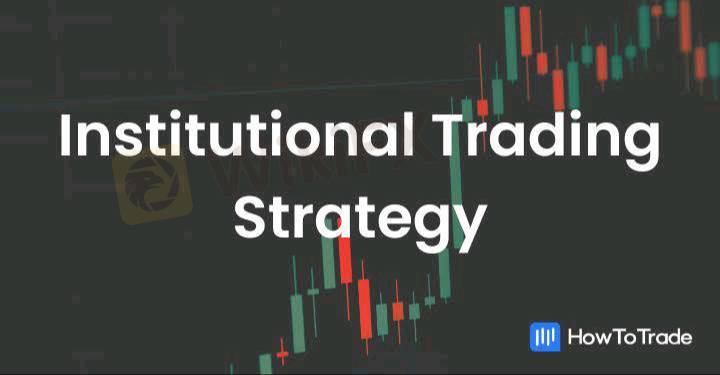
2025-02-06 15:06
NgànhThe difference in retail and institutional trading
#firstdealofthenewyearFateema
Retail and institutional trading differ mainly in scale, strategy, and access to resources. Here’s a breakdown:
1. Trader Profile
Retail Traders: Individual investors trading with personal funds.
Institutional Traders: Large organizations like hedge funds, banks, and mutual funds managing significant capital.
2. Capital & Trade Size
Retail: Smaller trade sizes, often a few hundred or thousand dollars.
Institutional: Large-scale trades, sometimes in millions or billions.
3. Market Access & Fees
Retail: Uses standard brokerage accounts, paying higher fees and spreads.
Institutional: Access to dark pools, direct market access (DMA), and lower fees due to volume.
4. Trading Strategies
Retail: Focus on technical and fundamental analysis, often short-term trades.
Institutional: More sophisticated strategies like algorithmic trading, arbitrage, and high-frequency trading (HFT).
5. Order Execution
Retail: Executes trades through brokers with potential slippage.
Institutional: Uses advanced execution methods to minimize price impact.
6. Regulation & Reporting
Retail: Fewer regulatory requirements beyond basic KYC/AML.
Institutional: Must comply with strict regulations (e.g., SEC, MiFID II) and reporting standards.
Would you like insights into how this applies to crypto trading specifically?
Thích 0
Edetekpe1
Nhà đầu tư
Bình luận phổ biến
Ngành
Có cao quá k?
Ngành
Xin ý kiến liberforex
Ngành
Đầu tư CDG
Ngành
Cắt lỗ
Ngành
Có nên chốt lỗ?
Ngành
Hỏi về dòng tiền
Phân loại diễn đàn

Nền tảng

Triển lãm

IB

Tuyển dụng

EA

Ngành

Chỉ số thị trường

Chỉ số
The difference in retail and institutional trading
 Nigeria | 2025-02-06 15:06
Nigeria | 2025-02-06 15:06#firstdealofthenewyearFateema
Retail and institutional trading differ mainly in scale, strategy, and access to resources. Here’s a breakdown:
1. Trader Profile
Retail Traders: Individual investors trading with personal funds.
Institutional Traders: Large organizations like hedge funds, banks, and mutual funds managing significant capital.
2. Capital & Trade Size
Retail: Smaller trade sizes, often a few hundred or thousand dollars.
Institutional: Large-scale trades, sometimes in millions or billions.
3. Market Access & Fees
Retail: Uses standard brokerage accounts, paying higher fees and spreads.
Institutional: Access to dark pools, direct market access (DMA), and lower fees due to volume.
4. Trading Strategies
Retail: Focus on technical and fundamental analysis, often short-term trades.
Institutional: More sophisticated strategies like algorithmic trading, arbitrage, and high-frequency trading (HFT).
5. Order Execution
Retail: Executes trades through brokers with potential slippage.
Institutional: Uses advanced execution methods to minimize price impact.
6. Regulation & Reporting
Retail: Fewer regulatory requirements beyond basic KYC/AML.
Institutional: Must comply with strict regulations (e.g., SEC, MiFID II) and reporting standards.
Would you like insights into how this applies to crypto trading specifically?
Thích 0
Tôi cũng muốn bình luận.
Đặt câu hỏi
0bình luận

Chưa có người bình luận, hãy là người bình luận đầu tiên

Đặt câu hỏi
Chưa có người bình luận, hãy là người bình luận đầu tiên